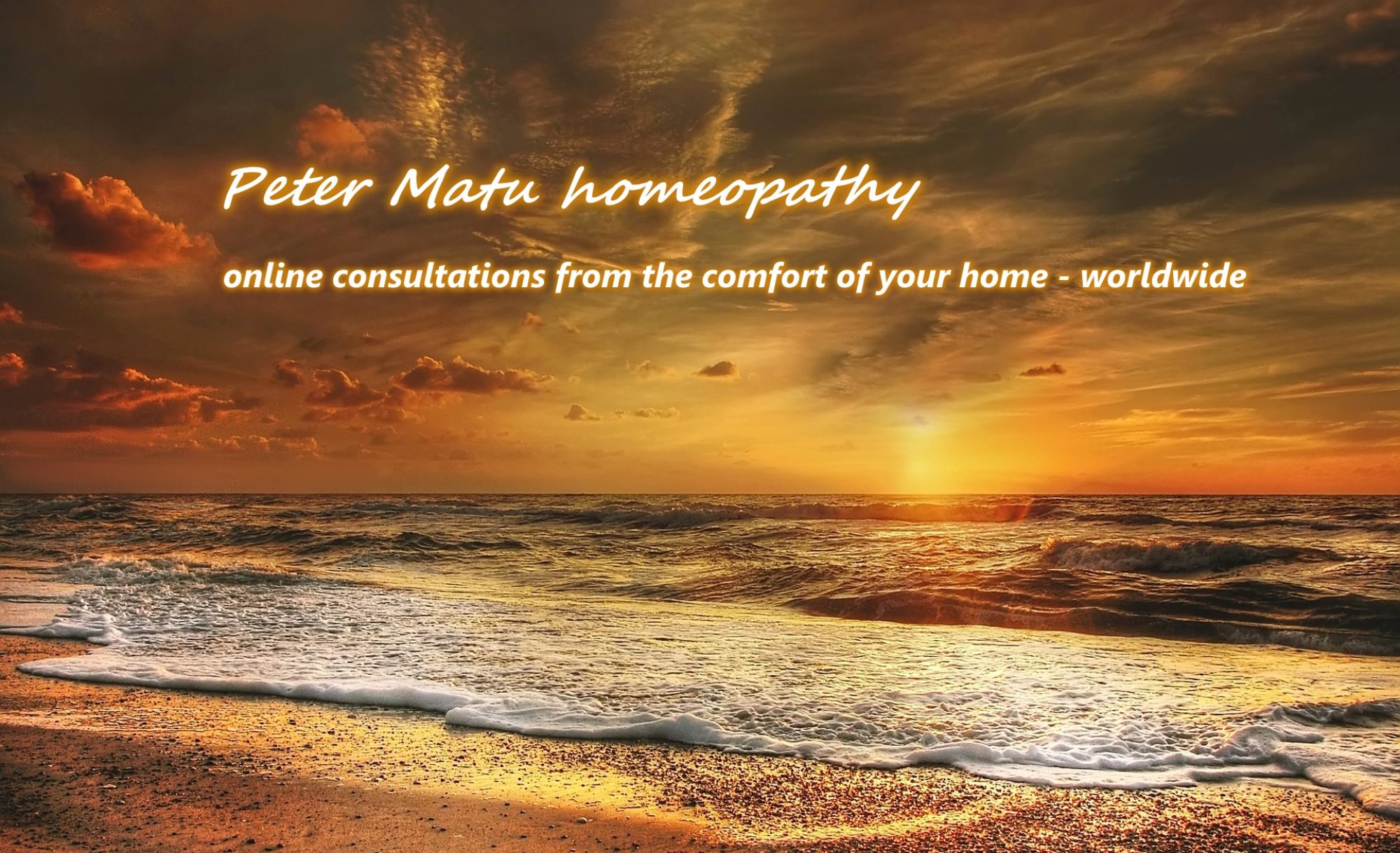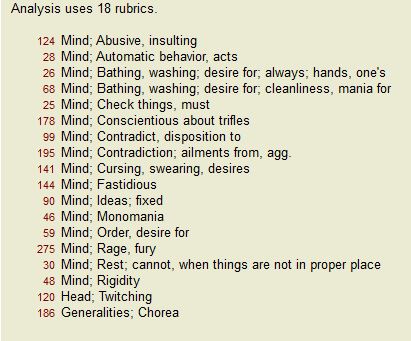Our skin has always been a symbol of boundaries and mediation of contact through tenderness and gentleness. If we fail to deal sufficiently with the themes of contact and boundaries (or similar closely related themes, in cases of autoimmune diseases like Lupus also other themes may be present) then they can often manifest as skin diseases in a variety of forms (acne, cold sores, eczema, hives, psoriasis, rosacea, skin cancer, warts etc.). Simply put: something trapped deep inside is desperately trying to get out (“emerge”) through our skin (often “itching & burning” thoughts/feelings from the past /or even present/ that we have been unable to process).
Of course things like healthy diet, environmental toxins, medication etc. play a vital role in skin conditions but the question is what preceded the creation of this problem on a higher (emotional, mental, spiritual level) in the first place and what is a chronic skin condition trying to tell me, what is the message here?! For sure, something needs to change and needs to be addressed.
The good news is that Homeopathy can be very effective when it comes to dealing with a huge variety of skin diseases. It’s because Homeopathy goes to the root cause of the problem, it is a deep-acting information medicine, a true healing from within, healing from inside-out. Let’s have a look at some of the most commonly used homeopathic remedies with a strong affinity to certain skin conditions and some important related rubrics from our homeopathic repertory.
Arsenicum album
There are many burning pains (often with offensive discharges) in this remedy, also itching and tons of restlessness, anxiety, fears, sleeplessness. Important remedy for neurodermatitis. In general, warmth and heat improves the conditions. Ulcers that burn and ooze. Psoriasis. Itching even without any eruptions on the skin.
Graphites
The key notes of this remedy include very hard dry, often itchy and scaly skin, moist scabby eruptions behind the ears, on the scalp, between fingers or skin’s folds. Deeply fissured bleeding eczema or honey like discharges are not uncommon. Severe acne, eruptions also in places covered by hair, cracks behind ears, the remedy covers a huge variety of skin conditions. The patient can be obese, there is slow thinking and indecisiveness.
Mezereum
Intolerable (unbearable) itching that drives the patient mad. A variety of very intense skin symptoms, often Sometimes the skin condition is closely associated with a liver disease. Cracks on the skin that form a variety of geometric patterns. The patient is often very anxious and serious, fears felt in stomach. Important remedy for herpes zoster. Worse with the suppression of eruptions.
Petroleum
Extremely dry, cracked and painful skin lesions, especially on finger tips and soles, nipples. “Unhealthy and dirty looking” skin. The remedy is often a good choice for patients who work with (petro)chemical products. Strong aggravation in winter season. The remedy acts particularly on mucous membranes. Genital herpes and herpes around the rectum area. Bloody cracks in the affected skin area. Eczema combined with herpes.
Psorinum
This is a very chilly remedy, warmth/heat ameliorates the symptoms, cold aggravates. There is depression and great emotional despair associated with the skin condition, strong fear of poverty, pessimism. Dirty looking skin often with offensive putrid discharges. Desire to scratch the skin until it bleeds. The skin problems are much worse during the night. Oily skin. Suppressed or recurrent scabies. Many recurrent acute ailments.
Rhus toxicodendron
This remedy is often used in very painful skin conditions like herpes, shingles, poison ivy, vesicular eruptions, urticaria, erytema nodosum. Many small blisters that fill up with water like liquid. Wet dump weather (and also foggy and cloudy weather) often aggravates the patient’s condition. Eruptions with rheumatic pains. The itching of the skin is ameliorated by pouring warm water on it. The patient can be very irritable, grumpy, restless and superstitious. Arthritis or rheumatism combined with skin conditions.
Sulphur
Sulphur is probably by far the most commonly used homeopathic remedy for skin conditions, especially eczema (moist eczema, often with “rotten/spoiled-eggs” like smelly discharges). One must be careful with dosing and potencies though (this applies however to other remedies and skin conditions too). Bathing (in general aversion to bathing) and heat of the bed aggravates the symptoms, many burning pains all over the body. Laziness, egotism, apathy, theorizing, intellectual. Seborrheic dermatitis.
Thuja
Thuja is one of the most important homeopathic remedies for warts and similar benign skin tumors. Suppression of warts and vaccination aggravates the patient’s condition. Tinea (contagious fungal skin infection). Profuse perspiration of the feel. Low self-esteem, secretive. Stye (hordeolum externum).
Examples of some commonly used rubrics related to skin diseases from our homeopathic repertory:
- FACE – ERUPTIONS – ACNE (310 homeopathic remedies);
- FEMALE – ERUPTIONS – HERPES (51 homeopathic remedies);
- SKIN – CANCER (183 homeopathic remedies);
- SKIN – ERUPTIONS – ECZEMA (453 homeopathic remedies);
- SKIN – ERUPTIONS – PSORIASIS (177 homeopathic remedies);
- SKIN – ERUPTIONS – URTICARIA – NETTLE RASH – NODULAR – WHEALS – HIVES (129 homeopathic remedies);
- SKIN – WARTS – CONDYLOMATA (208 homeopathic remedies);
You can see from the rubrics about that we have hundreds of homeopathic remedies for skin diseases at our disposal. The selection of the remedies and choosing the appropriate potency (remedy “strength” can be often tricky, it is always good to take into account also other crucially important symptoms that are not directly related to the skin condition itself. That’s what constitutional prescribing/constitutional homeopathic treatment does and it is the most effective way to deal with chronic skin diseases. Homeopaths try to look at the whole picture (all pieces of the mosaic) so they are interested in many various symptoms and details. This helps them to select a precise remedy called – similimum – a deep acting remedy that should help to alleviate the patient’s discomfort and improve his overall health and well-being.
References:
- Complete Repertory (Complete Dynamics – Master Edition);
- Roger Morrison (1993): Desktop Guide To Key Notes and Confirmatory Symptoms;
- Ruediger Dahlke (2011): Disease as a symbol.






